With due respect, I would say Nigerian lawmakers are “fantastically” failing to earn their stripes. They love to be called “honourable” and “distinguished” — and I don’t have any problems with that, basically. We’ve had a Cardinal Rex Lawson who was not a cardinal and a General Levy who was a reggae rapper rather than a military officer. So I don’t really care what appellations and salutations lawmakers ascribe to themselves. What I care about is what they are doing to change the world, to make Nigeria habitable, to wipe away the tears of the people who elected them into office. They can call themselves “excellency” and “venerable” if they like.
Recently, the Nigeria Extractive Industry Transparency International (NEITI), in its Policy Brief, highlighted projections that Nigeria might have lost over $200bn since 2008 because of the failure to pass the petroleum industry bill (PIB). The bill was presented to the national assembly in September of that year by late President Umaru Musa Yar’Adua. The projections cover estimates of losses in investment, return on investment and losses owing to unclear fiscal terms and non-resolution of host community issues. Lost employment opportunities, both direct and indirect, run into hundreds of thousands in the upstream and downstream sectors.
At a time Nigeria is trapped in recession and thinking of all possible means to get out of the miry clay, including selling oil and gas assets, you should think that the PIB would be a matter of urgent national importance to the Nigerian lawmakers. As noted by NEITI, neighbouring Ghana started and completed its own oil industry law in less than two years. Hoping against hope, I was expecting one Nigerian “honourable” or “distinguished” to raise the PIB issue on the floor of the house after the NEITI report. I expected our lawmakers to push for the quick resolution of all pending issues so that we can finally begin to unlock the billions chained down in the sector.
What did I get for my expectation? There were more urgent matters, obviously. First, the house of reps suspended Hon. Abdulmumin Jibrin, former chairman of appropriation committee, for letting out the dirty budget-padding secrets of the legislative confraternity. You don’t do that and get away with it, even if you didn’t partake in the communion. (Jibrin actually partook; can you imagine eating and talking at the same time?) In Nigeria, you will be crushed if you think you can play the hero in our tragicomedy. Jibrin’s office was immediately sealed off with zeal. Case closed. I dare any other lawmaker to attempt to spill the beans again. It will be death by firing squad, I promise.
Advertisement
While I was still full of expectation that the PIB would take the centre stage at some point, another drama was staged in the theatre of the house of reps. This time, it was something like “Sack Emefiele to Grow the Naira”. Hon. Ali Isa (Balanga/Billiri constituency, Gombe state), sponsored a motion calling for investigation of central bank’s forex policies. In his contribution to the debate, Hon. Mojeed Alabi, representing Ede north/Ede south/Egbedore/Ejigbo (Osun state), and Hon. Wale Raji, representing Epe (Lagos), said Mr. Godwin Emefiele should be sacked as CBN governor because of the falling naira. That debate has national significance, at least.
I can understand the anger of members of the house of representatives. The forex situation is killing. Many of their children school abroad. The school fee of $10,000 that used to be N1.97 million is now N4.5 million! Given that many have also moved their families abroad to escape the stress of our Nigeria, you can imagine the maintenance cost. It is choking. Even BA tickets are quoted in dollars these days. The rich also cry. The ordinary people have been crying forever. Prices of goods and services are daily spinning out of control. There is too much import content in what we eat, drink, wear and use in Nigeria. No Nigerian can escape the dollar devastation.
However, I don’t know how Hon. Isa’s motion will increase crude oil price, stop Niger Delta avengers, improve oil production/export, boost reserves and lead to the recovery of the naira, in the long or short run — given that the monthly demand for forex is over $3bn while inflow is less than $1bn. How are we going to make up for the monthly shortfall? Print dollars? Borrow from IMF? Sell assets? Or sack Emefiele? Dissolve the CBN? If so, then let’s mobilise the army counter-terror unit to the CBN head office in Abuja, instruct the soldiers to shoot everybody from the ground floor to the executive floor and see how it will grow the naira. It would be a very exciting experiment.
Advertisement
By the time the lawmakers are done with their drama, however, I plead with them to look into the PIB again. The Nigerian economy is not only suffering, we have become a laughingstock across the civilised world. How can a law that was conceived by former President Olusegun Obasanjo 16 years ago still be undergoing legislative processing? In fact, it would appear that after all the expert inputs, stakeholder engagement, drafting and re-drafting, we are about to start the process all over again. Does that mean we have to go through another 16 years of processing? What new things are we going to write into the bill that will require starting all over again?
The journey to a single-dose bill to modernise, liberalise, streamline and consolidate our laws to unshackle the oil industry was kick-started on April 24, 2000 by Obasanjo, who inaugurated the Oil and Gas Reform Committee (OGRC) made of local and international experts. After four years of work, they produced the National Oil and Gas Policy (NOGP). In June 2005, Obasanjo constituted the Oil and Gas Implementation Committee (OGIC) to develop strategies for the implementation of the policies. Their recommendations included restructuring NNPC, deregulating the oil industry and providing incentives to private entrepreneurs to invest in new refineries.
With Obasanjo gone, Yar’Adua’s government approved the NOGP on September 5, 2007. He set up another OGIC to produce the policies based, and finally presented the bill to the national assembly in September 2008. That was when the politicking started, and every attempt to pass the bill since then has stalled. Arguments broke out over the fiscal terms which the international oil companies are uncomfortable with, as well as the deadly Nigerian political competition over which section would benefit more. In April 2016, the senate said the bill was too big and sought to break things down bill-by-bill by introducing the petroleum industry governance bill (PIGB) first. It is dead now.
Our failure to pass the law means the oil industry remains perpetually underdeveloped and undiversified. According to NEITI, industry experts estimate that we have lost over $120bn — that is, $15bn yearly — in investments withheld or diverted by investors to other countries because of the uncertainty. They are afraid that the old rules would no longer apply, and they don’t have any idea of what the new rules would be. Throw in another $100bn potential earnings in five years, from 2007-2012, and you have a total “loss” in excess of $200bn. In a world of fierce competition for investment, it beats the imagination that there is never a sense of urgency in Nigeria.
Advertisement
The forex crunch currently destroying the economy is often attributed to our failure to develop local industry — and this again applies to the petroleum sector. Our refineries have never worked and no one has been willing to invest in new ones since the rules are not clear on product pricing. So we import virtually every litre of fuel we consume. Between 2009-2014 alone, we imported $26.4bn worth of refined products. Multiply that by two from then till now. Our gas reserves, meanwhile, remain largely untapped. Investors want to know what they are getting into. I truly wish the legislators would spend more time on solving real problems and earning their stripes.
Above all, I agree with NEITI that President Muhammadu Buhari should lead the drive to get the PIB passed. One, it is, after all, an executive bill. Two, there are a lot of contentious issues that require the leadership bringing the stakeholders together to strike a compromise. Three, Buhari says he wants to reform the petroleum sector. Now that he is mending fences with the legislature, he should prioritise the PIB. We don’t have to re-invent the wheel. There are so many things we can do to grow the naira, and the billions of dollars lying inchoate in the oil industry is a very sure fertiliser. We “lost” $200bn in eight years. The “loss” could rise to $400bn in another eight years.
AND FOUR OTHER THINGS…
OBI’S LAW
I’ve known Mr. Peter Obi, former Anambra governor, for nearly 15 years — so I was not surprised his presentation on “frugal management” at Platform (organised by the Covenant Christian Centre, Lagos) went viral. You see, Obi was not called “aka gum” (“Mr. Stingy”) by Anambrarians for nothing: he has always insisted that every kobo of public money must be spent judiciously, and waste must be reduced to an insignificant minimum. He not only preached modesty, he practised it for eight years as governor. That was his life before office and remains so till today. If President Buhari and the governors really want to cut cost, they should borrow from Obi’s manual. Practical.
Advertisement
SELLING JETS
Still on cutting cost of running government, many Nigerians have been demanding since 2015 that Buhari should fulfil his election promise of disposing our bevy of presidential jets. It is thought that the 11 jets in the fleet cost us N5.3 billion in maintenance yearly. That alone can build an ultramodern hospital, trust me. The federal government has now put up two of the jets for sale. If I know Nigerians very well, they will say it is not enough to sell two. That is a good argument, no doubt, but selling at all is a good starting point. Rather than grumble, as we normally do, we should agitate for more cost centres to be shut down. Progress.
Advertisement
COMMITTEE COUNTRY
We have done it again! Buhari has set up a committee to repeat the work of another committee that repeated the work of a previous committee, and so on and so forth. The 24-man panel, led by former Senate President Ken Nnamani, is expected to “review electoral environment, laws and experiences from recent elections conducted in Nigeria and make recommendations to strengthen and achieve the conduct of free and fair elections in Nigeria”. All former presidents did it — either in the form of conference or panel — so why not Buhari? That is what makes us Nigerians. It’s our culture. One committee after the other. Change.
Advertisement
UP RANGERS!
Congratulations to Rangers International of Enugu for finally winning the Nigeria Professional Football League. What a co-incidence: the last time they won the league, Buhari was the head of state. That was back in 1984! Over all, I believe they deserved the title: it is just an extra spice that it came after 32 years. I found this season’s NPFL very interesting from the beginning, although I was surprised MFM FC started on a promising note and ended up escaping relegation by an inch (on goal difference, actually). I tip IfeanyiUbah FC for greater things next season. Some words of commendation to the League Management Company for a successful season. Hurray!
Advertisement
1 comments



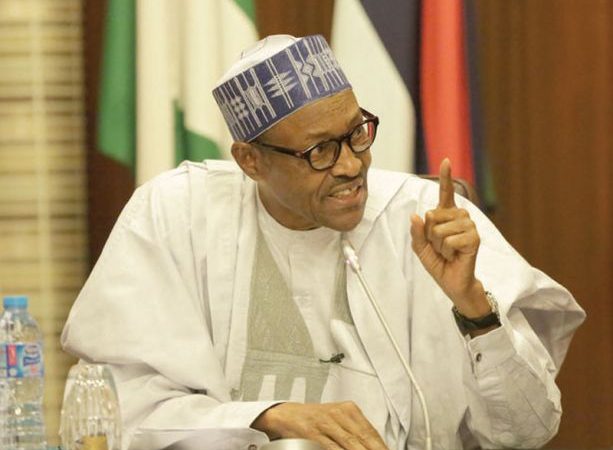
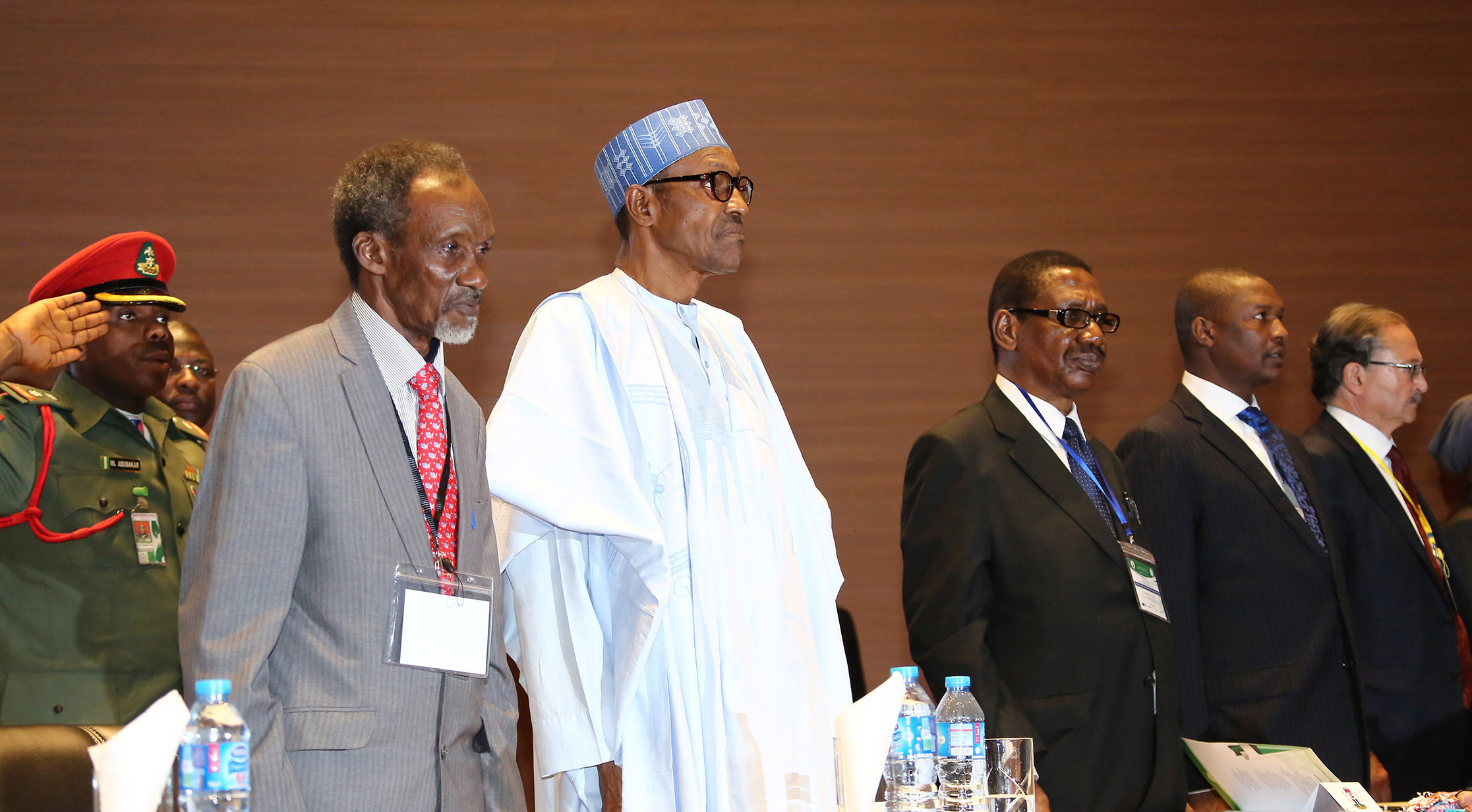
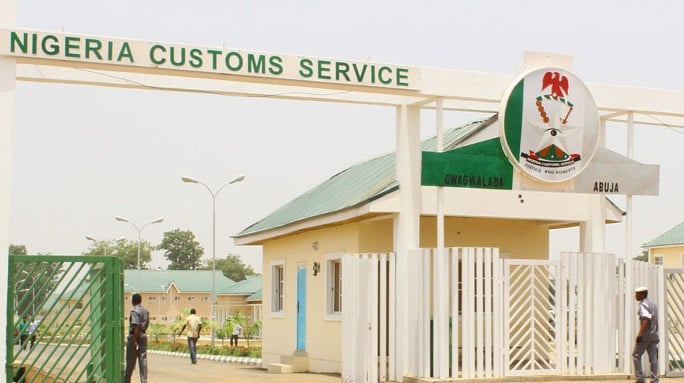
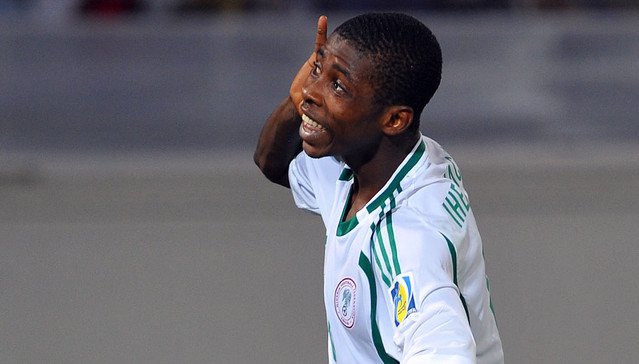
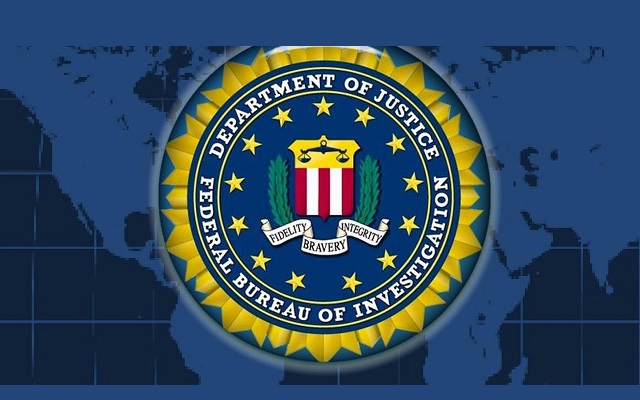
Wow…. ???????????? I duff my hat to your creative writing skills